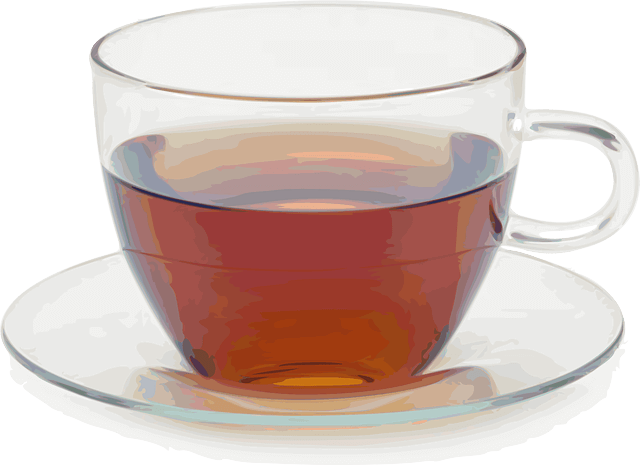DO YOU KNOW ABOUT CAFFEINE CONTENT IN YOUR TEA ?
About your Tea
About your Tea
What is a caffeine ?How it harms your internal health ? Everyone are curious about the syntax named caffeine. Let me answer all your doubt.
A stimulant, caffeine is derived from more than 60 distinct kinds of plants worldwide. The German term "kaffee" and the French word "café," both of which mean coffee, are the roots of the word "caffeine." In chemistry, caffeine is referred to as 1,3,7-trimethylxanthine. In addition, caffeine is regarded as a frequently abused psychoactive substance. Tea, coffee, and soda are a few of the typical caffeine sources. Some drugs and weight-loss products also contain caffeine. Caffeine is regularly consumed by the majority of persons worldwide. Caffeine's stimulant effects might last for roughly three hours. Caffeine users who stop taking it frequently may experience withdrawal symptoms.
More than 60 different plants produce beans, leaves, and fruits that naturally contain caffeine. Pests are repelled by the caffeine's bitterness. The most popular foods that include caffeine in the average person's diet are cocoa beans, tea bags, coffee, energy drinks, and cola beverages. Synthetic caffeine can also be created and added to foods, drinks, supplements, and pharmaceuticals. Caffeine must be listed as an ingredient on product labels.





After being purified, caffeine turns into a highly bitter white powder that gives soft drinks their characteristic flavor. Within 30 to 45 minutes of intake, caffeine is totally absorbed. Within three hours, caffeine's effects start to fade, and it eventually leaves the body without building up. The cerebral vascular system, mood, energy level, and colonic and stomach activities are all impacted by caffeine; however, not everyone should consume caffeine.
Yes, excessive intake of anything including caffeine can be dangerous. Previously tea, coffee and cola were the only few products where a person would be consuming caffeine on a daily basis. However, these days, consumption of caffeine has increased drastically as caffeine is present in multiple things, which any of us consumes on a regular basis, such as candy, gum, supplements, medications and energy drinks. Huge amounts of consumption of caffeine can lead to caffeine intoxication or caffeine overdose.
